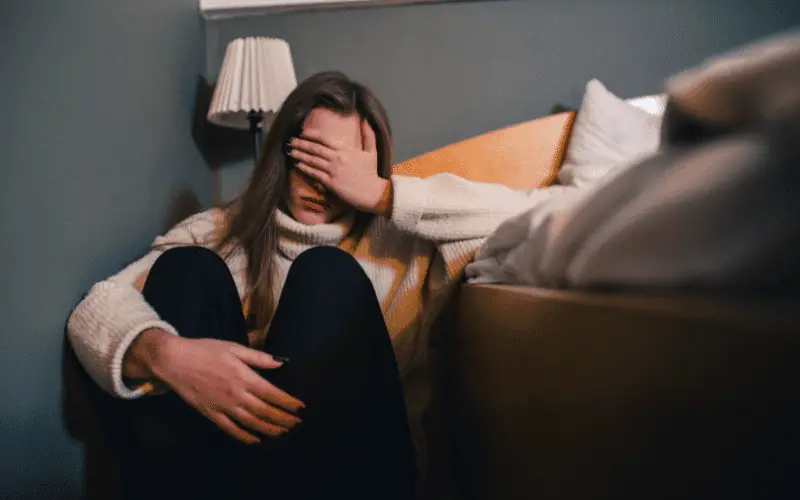Introduction: The Importance of Identifying Depression Symptoms in Women
Depression is a complex and often misunderstood mental health issue that affects millions of people around the world. It is particularly prevalent among women, who are twice as likely to experience depression compared to men. Recognizing the signs of depression in women is critical for early intervention and effective treatment. In this article, we will delve into the top 15 signs of depression in women, providing valuable insight for those who may be struggling with this debilitating condition.
Understanding the signs and symptoms of depression is essential because it is not always easy to identify. Women may experience depression differently than men, and their symptoms may manifest in more subtle ways. By becoming aware of these signs, we can better support ourselves, our friends, and our loved ones in their journey toward mental wellness.
In the following sections, we will explore each of the top 15 signs of depression in women, offering detailed descriptions and practical advice for addressing these symptoms. We will also discuss the importance of seeking help and the various treatment options available for those living with depression.

Sign 1. Persistent Sadness or Low Mood
A persistent feeling of sadness or a low mood that lasts for more than two weeks is one of the most common signs of depression in women. This emotional state can interfere with daily activities and make it challenging to find joy in things that were once pleasurable. It is essential to differentiate between normal sadness, which may be situational and temporary, and the persistent sadness associated with depression.
This ongoing sadness can be debilitating, affecting a woman’s ability to work, maintain relationships, and enjoy life. It can lead to feelings of hopelessness and despair, making it difficult to see a way out of the darkness. In some cases, this persistent low mood may also be accompanied by irritability, frustration, and anger.
It is crucial to recognize that everyone experiences sadness at times, but when it lasts longer than a couple of weeks and starts to interfere with daily life, it could be a sign of depression. If you or someone you know is experiencing this persistent sadness or low mood, it is essential to reach out for help and support from a mental health professional. (1)